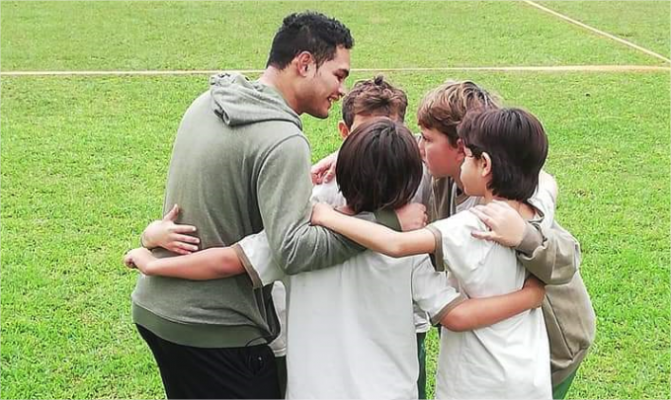
School-level Rugby: Strengthening a Sports Culture Through Values (Part 2)
As we mentioned in the previous article, rugby is a sport that goes beyond a competition, it gives the opportunity to learn a new philosophy of life and reinforce values and integration with the team. This sport involves qualities and skills that allow for balance in the team, that is, everyone has a position on […]
25 March, 2024

Inquire with each family or individual about their most important value, and you are likely to receive a variety of responses. A perceptive individual might argue that all values are important or that each value can be significant in a given context or situation. This year, in designing the values program at Euroamerican College, we […]
25 March, 2024

We stay at home… Now what? The coronavirus has changed our routines and put us in an unexpected situation. It is time to be alert to avoid affecting our mood, as well as our personal and family health in these days of home isolation. Below, we specify some aspects to take into account these days: […]
25 March, 2024